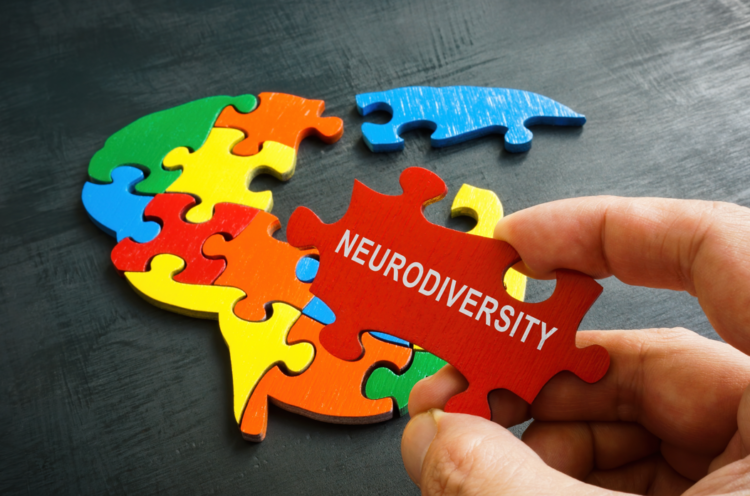Working To Wellbeing has launched a neurodiversity work support programme to help manage the challenges neurodivergent people face in employment.
With estimates suggesting that one in seven people are neurodivergent, the programme aims to help people self-manage characteristics of their neurodivergence and remain in or return to work.
Julie Denning, managing director, chartered health psychologist at Working To Wellbeing and chair of the Vocational Rehabilitation Association, said: “People who are neurodivergent can find it challenging to manage in certain work environments which can result in both professional and personal difficulties if not appropriately supported at work.
“Our new neurodiversity work support programme is focussed on enabling individuals to understand and implement effective tools and strategies to increase wellbeing and improve overall functioning and productivity.”
The clinically led programme focuses on physical, cognitive, psychological, emotional, and practical support needs with the return-to-work rehabilitation specialist offering health coaching with a strong vocational bias. This is designed to help people restore their day-to-day functioning and quality of life.
Data from the National Autistic Society showed that as many as 143,000 people were waiting for an autism assessment, as of June 2023. And a freedom of information request from ADHD UK showed that waiting lists vary in time depending on an individual’s local NHS trust. The shortest wait is only 12 weeks; however, the longest is 550 weeks.
Working To Wellbeing’s neurodiversity programme is available to anyone who is neurodivergent and who is struggling at work, with or without an official diagnosis. Following a referral from an employer or insurer, the provider conducts an initial assessment to understand the individual’s current work challenges and the support needed.
Denning said: “With around one in seven people in the UK considered neurodivergent, it is important that employers understand the implications of a neurodiverse workforce and provide the reasonable adjustments required and upskill line managers to lead neurodivergent teams.
“We liaise with an individual’s employer and occupational health if needed and provide input beyond the first day at work to ensure that they can remain at work for the long term. We support line managers to implement return-to-work plans and help them to make reasonable adjustments for their employees.”












